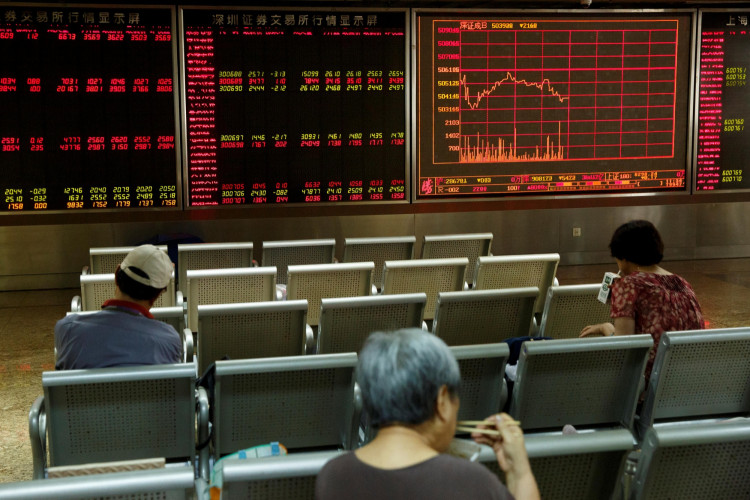Chinese brokerages are racing to raise billions of dollars in capital to meet regulatory requirements, capitalizing on a market upturn to expand operations as they prepare for greater competition from Wall Street banks on their home ground.
The primary motivation of the rush to raise capital is regulatory change: China's securities commission strengthened risk-management regulations in 2020, demanding that a brokerage's core net capital be no less than 8% of total assets.
Furthermore, quality liquid assets must surpass net cash outflows for the next 30 days, while a brokerage must have an adequate, stable capital foundation, according to the regulator.
Since Beijing removed the zero-COVID restrictions last month, Chinese stocks have recovered more than 10% on bets on the economic revival, providing a window of opportunity for brokerages to issue shares. By the end of 2023, Morgan Stanley anticipates a further 13% increase from the current level.
This week, the index tracking broker shares in China reached a six-month high, while the equivalent index in Hong Kong has increased by around 50% from October lows.
After Beijing permitted Western banks, like Morgan Stanley, Goldman Sachs, and Credit Suisse, to fully acquire control of their China brokerage divisions, Chinese brokerages now confront more intense competition.
According to market filings, at least six listed brokerages, including China International Capital Corp (CICC) and Huatai Securities, are looking to sell fresh shares in private placements or rights offerings to generate up to 82.5 billion yuan ($12.2 billion).
After weathering tumultuous markets in recent years, brokerages require new cash to meet Chinese risk management laws and fund capital-intensive services such as margin lending and market-making. According to the industry organization, the sector's profit fell by 19% in the first nine months of 2022.
Analysts believe that other counterparts could join the pipeline later this year. According to Refinitiv data, Chinese brokerages raised only 77 billion yuan from follow-up share sales last year.
Traditionally, trading commissions, underwriting costs, and propriety trading have been the main sources of income for brokerages. Today, many are growing into more secure industries like wealth and asset management.
Haitong Securities stated in a research report this month that CICC, Huatai, and a number of other listed brokerages are close to the regulatory borderline on one or more measures and require additional funding to grow.
"The challenge (for Chinese brokerages) is to sustain the good performance and that will depend on the government's policy towards capital markets," said Alec Jin, investment director of Asian equities at Abrdn, which owns shares in CICC.
Big brokerages are using rights issues as their primary method of raising capital.






